If you were forced to flee your home, what would you take with you?
This war is like no other. More than ever before, mosques, churches and UN shelters have been targeted. With a fragile 72-hour ceasefire in place at the time of writing, there is still no safe place in Gaza.
After experiencing yet another war at the age of 16, I have learned to stay strong in these times. I have learned how to control my fear, because sometimes it’s not what we see that frightens us but what we hear. At the height of the conflict, I often sat with my family beside candles, listening to the terrifying sounds of bombs and screams — desperate cries for help.
When you hear these sounds, that’s the moment your imagination kicks in. You start to think about terrifying scenes around you. Just close your eyes and imagine looking at your injured parents as a missile strikes, but you can’t move your own legs because they have been blown off. You plead for help but no one can because they’re trying to find their own loved ones in the bloody aftermath. Amid the ringing in your ears, you hear children as young as 2 years old screaming from fear that sends shivers down your spine.
That’s what kills me over and over again — that same frightening scenario. No, this is not the latest Hollywood blockbuster. This is the reality of war.
One way I have learned to control my fear and not panic when I hear the roar of a fighter jet is to remind myself that a missile itself is much faster than its sound. So if I am able to hear the thunder from a missile coming down, that means I am not the target because it has already exploded. You can hear the sound about three seconds later — that’s how I keep calm.
However, I also feel a sense of anger, bitterness and pain because that missile didn’t kill me. Instead, it probably wiped out an entire extended family. This triggers a mix of emotions inside and I ask myself: What have I done wrong? Why am I being punished for something I didn’t choose myself? I never chose to live in Gaza; no one chooses where they are born.
I experienced one of the craziest moments on the first night of the war. My father woke me and said, “Quickly, get up now!” In an instant, I jumped up and ran to the balcony. We saw a family running away from their home, which was about to be demolished in a matter of seconds. There was no electricity in the street, so they had to use their cellphones and run into the unknown.
What if that happened to me? If I had to flee my home, what would I take? My school certificates? Pictures of my friends? Or my brother’s gifts? What if I didn’t have enough time to leave my house? What if I was buried alive under rubble? What if I suffocated to death?
Then, all of a sudden, a big, bright light lit up the sky and destroyed the house with a terrifying sound that shook everything inside of me. I was so shocked from the deadly force that I nearly blanked out. All of a sudden, my father grabbed my hand and forced me to get on the floor to avoid the shrapnel that hammered the surrounding area like monsoon rain. Then, for a moment, silence covered the air. As I stood up, a thick cloud of black smoke covered the moon.
With so many lives lost in the war, it is perhaps difficult to single out the most painful moment. For me, it was probably seeing an old man who had lost his home, standing alone with nothing but a painful memory.
Upon seeing this, I couldn’t sleep that night. My mind was full of questions. What if that happened to me? If I had to flee my home, what would I take? My school certificates? Pictures of my friends? Or my brother’s gifts? What if I didn’t have enough time to leave my house? What if I was buried alive under rubble? What if I suffocated to death?
For me, all of these things are just questions — part of my imagination. But what about the people who are forced to live in such a situation, with no homes? What about children who are in UN shelters because their cribs are simply ashes among ashes? Will they forgive Israel and not become extremists when they grow up?
Despite this, I still strongly believe that life is stronger than death. I believe in peace because peace is hope. There may be some signs of hope now that Israeli forces have withdrawn from Gaza. But will it be enough to stop the conflict and let Palestinians go back to their ordinary lives? I hope that’s the case.
The views expressed in this article are the author’s own and do not necessarily reflect Fair Observer’s editorial policy.
Support Fair Observer
We rely on your support for our independence, diversity and quality.
For more than 10 years, Fair Observer has been free, fair and independent. No billionaire owns us, no advertisers control us. We are a reader-supported nonprofit. Unlike many other publications, we keep our content free for readers regardless of where they live or whether they can afford to pay. We have no paywalls and no ads.
In the post-truth era of fake news, echo chambers and filter bubbles, we publish a plurality of perspectives from around the world. Anyone can publish with us, but everyone goes through a rigorous editorial process. So, you get fact-checked, well-reasoned content instead of noise.
We publish 2,500+ voices from 90+ countries. We also conduct education and training programs
on subjects ranging from digital media and journalism to writing and critical thinking. This
doesn’t come cheap. Servers, editors, trainers and web developers cost
money.
Please consider supporting us on a regular basis as a recurring donor or a
sustaining member.
Will you support FO’s journalism?
We rely on your support for our independence, diversity and quality.


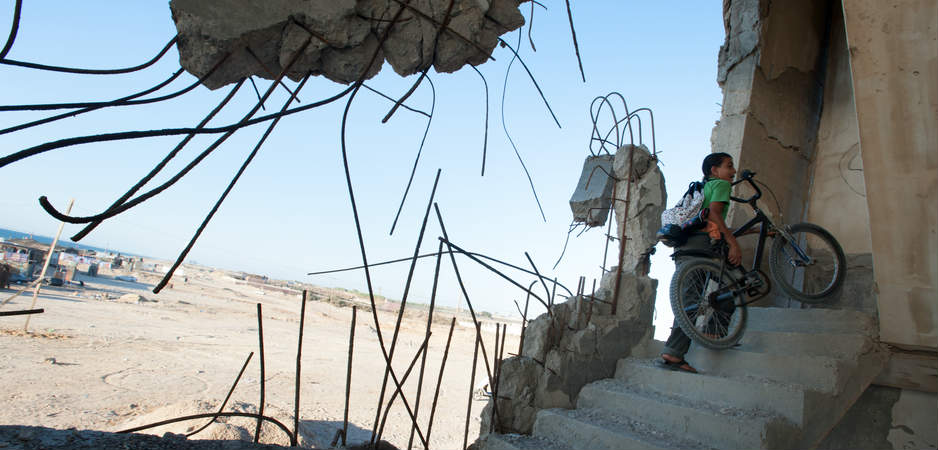
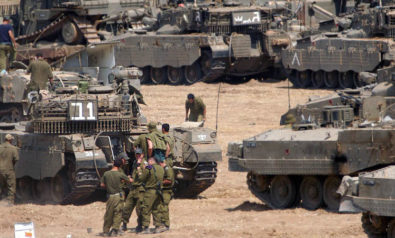
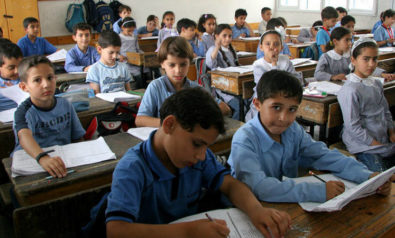

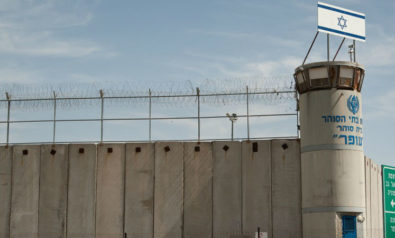
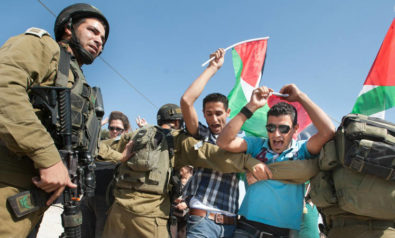
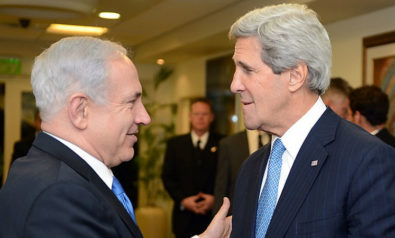
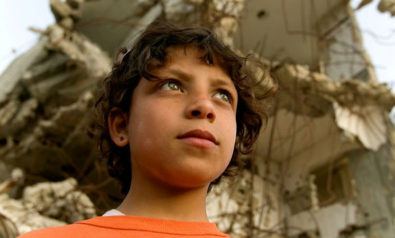

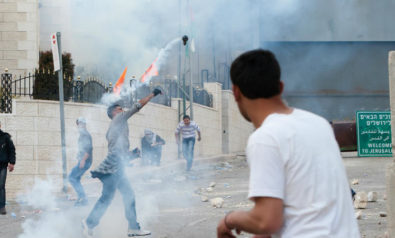
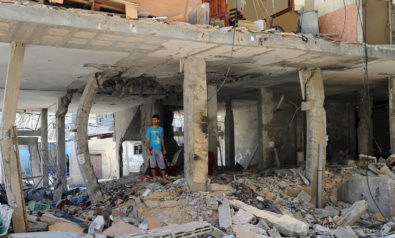
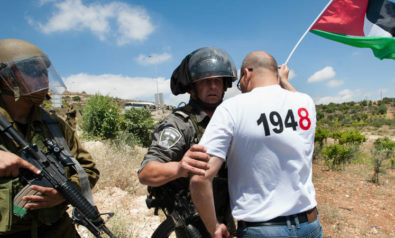

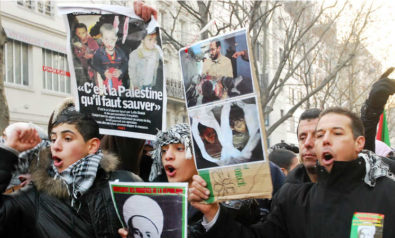
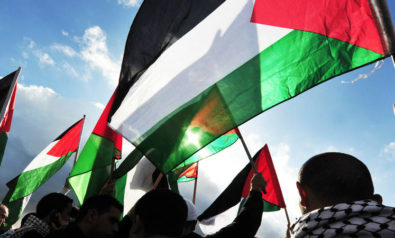

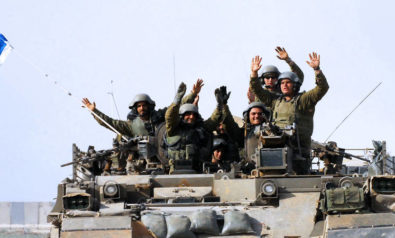
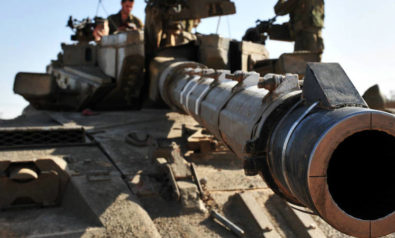
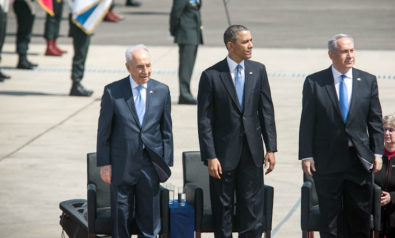
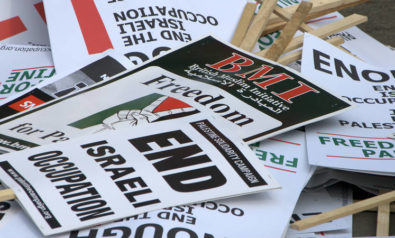
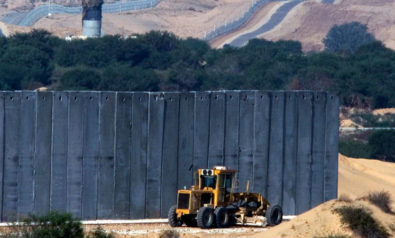
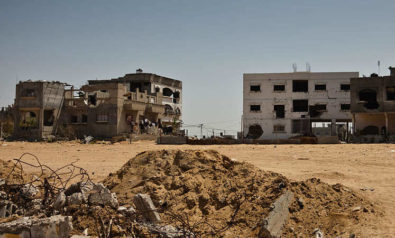

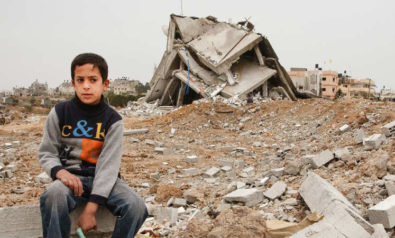
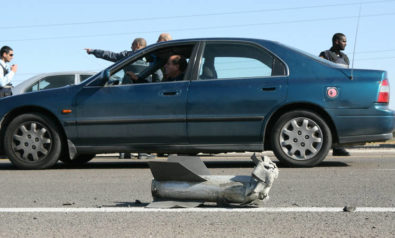
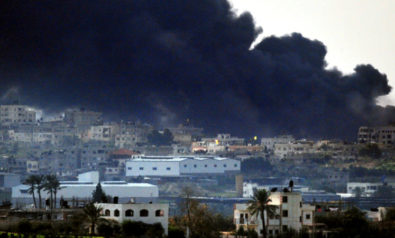
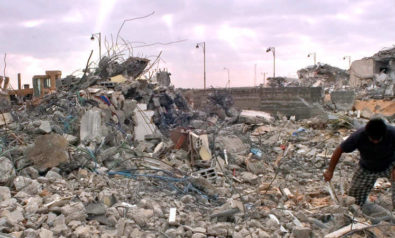
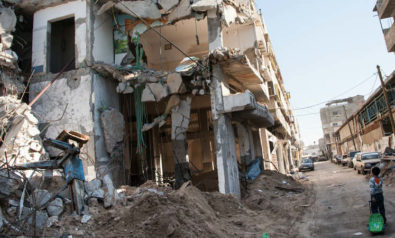
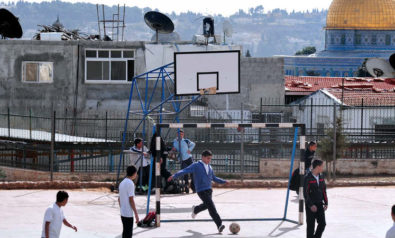

Comment